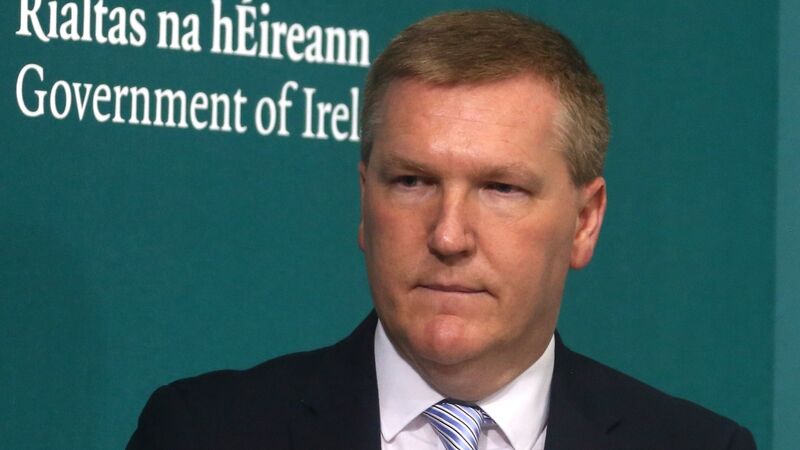Irish Examiner view: Let’s make zero poverty our new goal

Public Expenditure Minister Michael McGrath has said that “the current inflationary cycle that we are in won’t last forever”. Picture: Gareth Chaney/Collins Photos
We have so many crises in Ireland it is hard to keep track; there is the spiralling cost of mortgages and rent, which affects hundreds of thousands of Irish residents, particularly young people.
In the 1980s, it took three to four years’ average salary to afford the average home; now it takes multiples of that, so we have a housing crisis.













